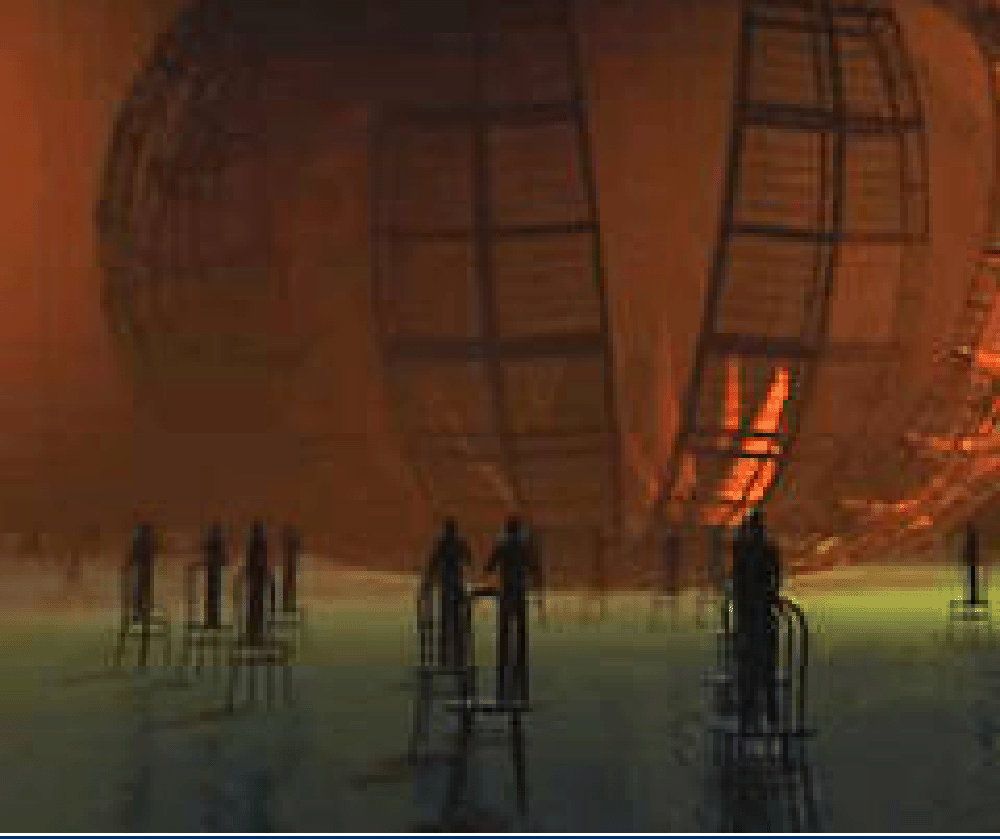
|
|
Envisioning Universal Compassion:
Taking
Responsibility for the World On a day-to-day basis, most of us are so caught up in living in the world as it is that we don't have much time or energy to focus on how the world might become better. But, if we take the time to reflect about it, we find that, in each given moment, we have the ability to choose how we want to perceive the world, and how we want to live in it. If we face up to them, we have fundamental choices to make about who we are in the world, what the world means to us, and what kind of world we want to help create. For many--probably most--people, the reality of those choices are not usually acknowledged consciously, at least not on a daily basis. Such people live according to habit, and exist within choices given to them through mainstream media and educational systems, economic necessity, and immediate need satisfaction. Taking responsibility for the more fundamental levels of choice is thus a "radical" act, if we understand the word "radical" as referring to the core or fundamental meaning of something. To fully be a human being is to take full responsibility for one's
part in the co-creation of the world. This requires that we recognize
that the social world is "constructed," that all of the
meanings and symbols of our lives, have been created by one person
or another at some point in history. It also means that those meanings
and understandings can be changed. The world of humanly-constructed
symbols and meanings is held in place day to day by mutual agreement,
whether conscious or unconscious. Therefore, in a very real sense,
the whole world is created new every day, and every day is a new
opportunity to re-create the world in line with a new vision, a
higher vision, a better vision. It
is thus possible to envision a new world being born out of seeds
nurtured since the beginning of time, a world of liberation, of
peace, of freedom, of universally celebrated human dignity and rights.
(This is not an abstract vision.
To read about it being played out in cities all over the world,
click here.) Topia Each person has their own conception of the ideal world, and therefore of topia, of how their ideal can be made real. If our vision of a just and good world is inclusive of everyone, then in building our notion of topia we have to take into account--or at least create space for--the topias (the ideal dreams) of everyone else. If we do so, we conceive the broadest possible form of topia, a universal topia-- a truly democratic conception of ideal reality. We're Not at the "End of History," But At the Beginning The
longer the view we take of history, the more myopic becomes the
view that we are its high point, or end, and that human beings have
no potential for further evolution. If we take a longer view, and
put human history squarely in its place relative to the rest of
the history of the universe, we find that human existence, let alone
recorded history, is a recent event. "The world is very old," as
astronomer Carl Sagan reminded us in The Dragons of Eden,
"and human beings are very young."
Given the historical perspective of Sagan's cosmic calendar, we can see that the human species is in the midst of its early childhood. We are in fact recently evolved from earlier life forms. Further, evolution is an ongoing process. It is continual, and we are part of it. Just as it would be unwise to pass judgment on the potential of individual human beings on the basis of their performance as small children, so it is naive to speak of limits to the human potential while the species is still in its infancy. Our world has not always been this way; it need not always be so. From that perspective arises the promise of topia. Envisioning Universal Compassion The topian vision is grounded in a single value, universal compassion, which forms the basis for a broader social and political philosophy. Universal compassion, or the Golden Rule, is an ethic that has been adopted by all major religions, and has been suggested as the basis for an interreligious, transdenominational, global ethic. A
compassionate worldview can be a moral compass for the modern age,
in contrast with authoritarian conservatism and postmodern relativism.
The logic of compassion requires unconditionality, respect, empathy
and altruism, and in turn, provides the basis for a political orientation
of toleration, civility, respect for human rights, nonviolence and community.
|
